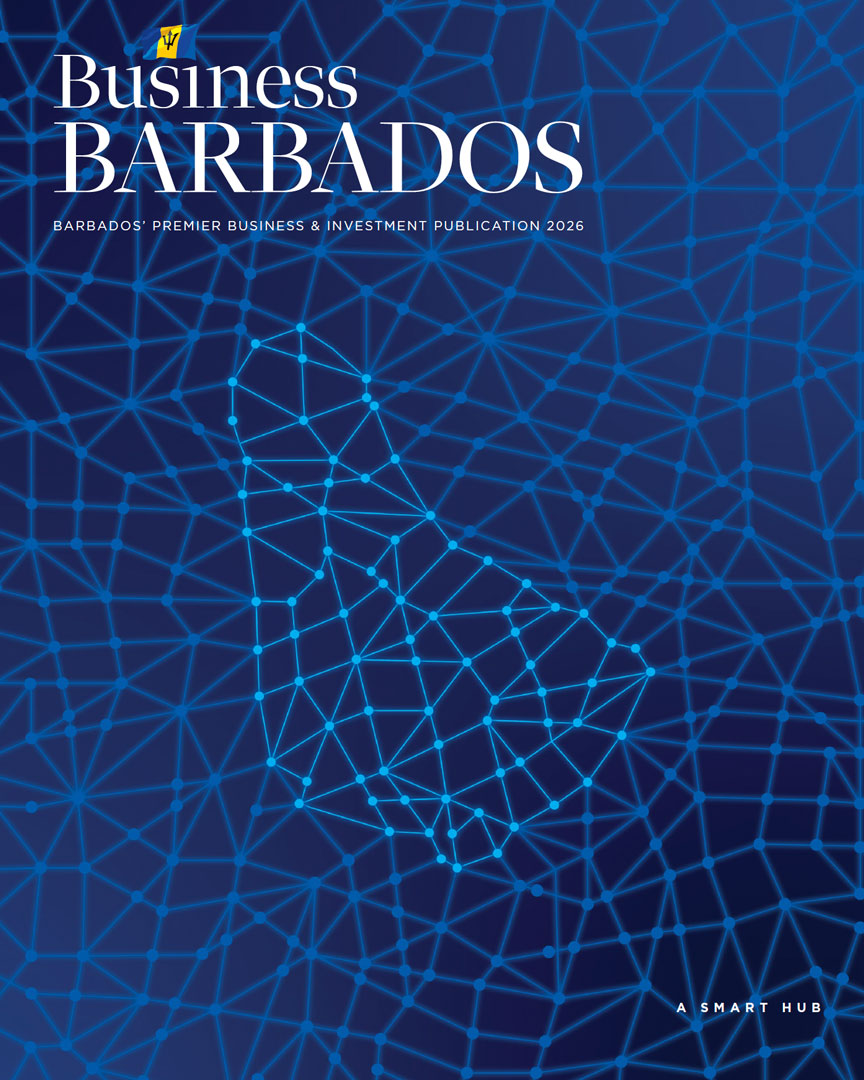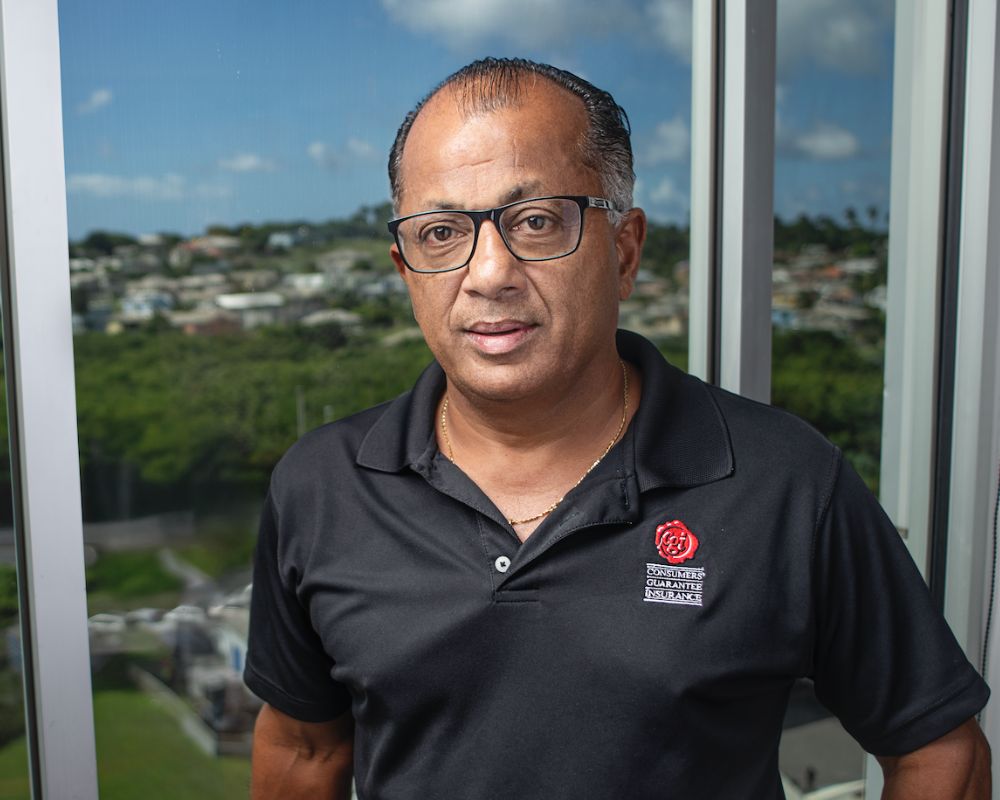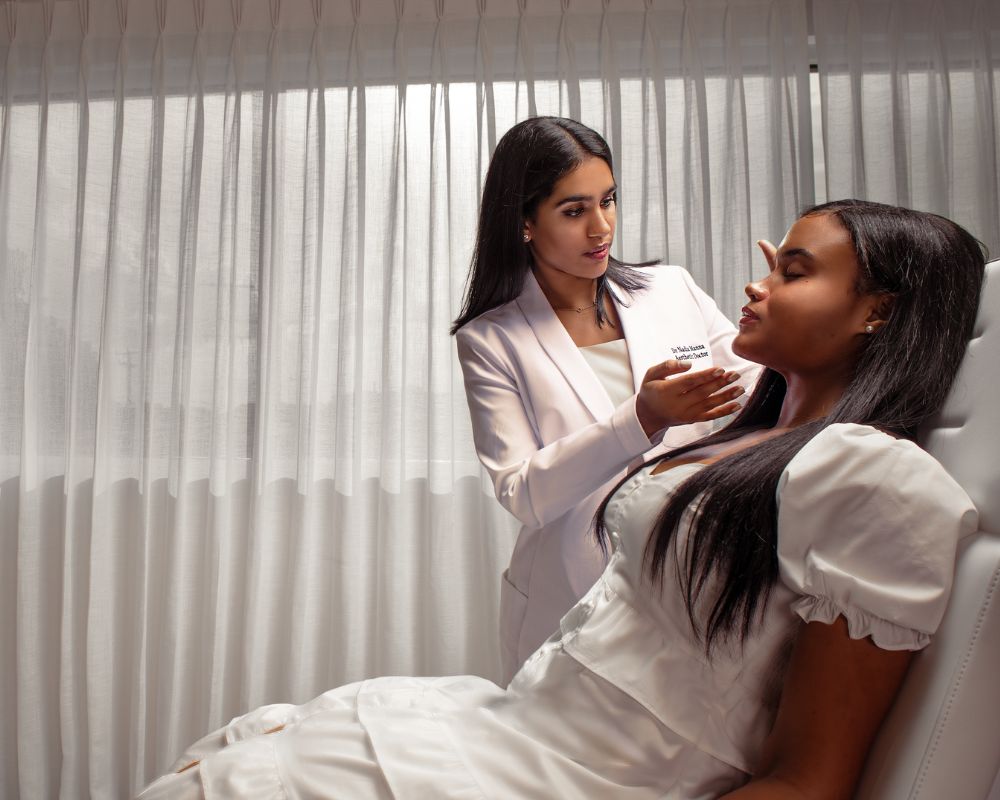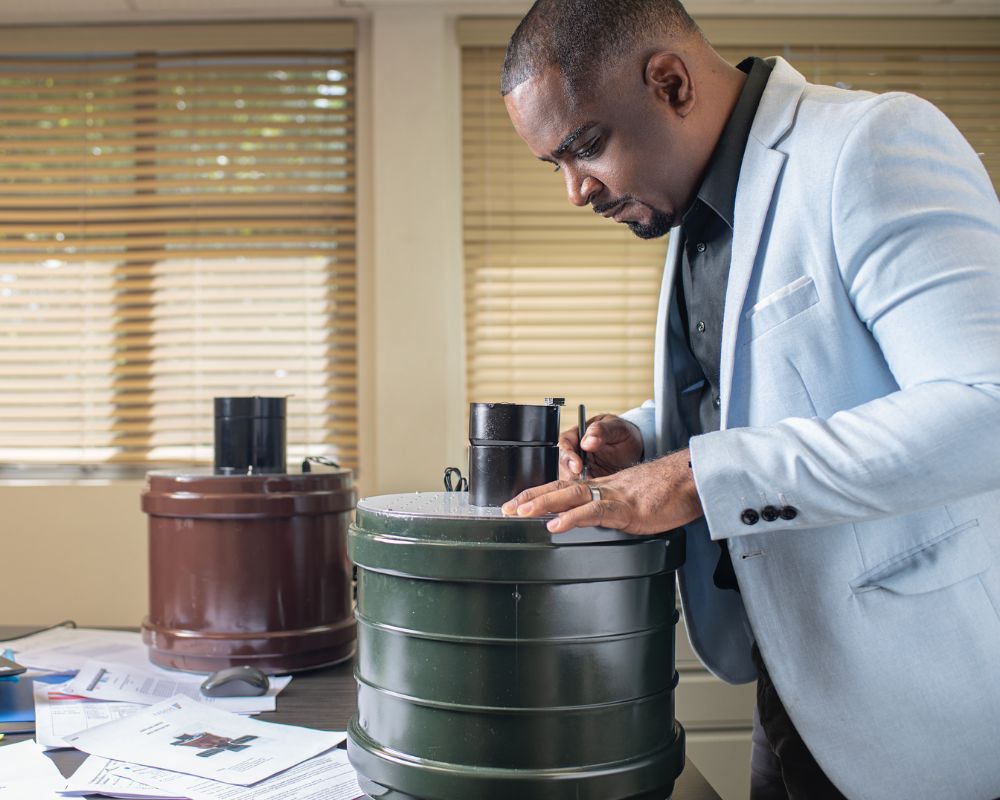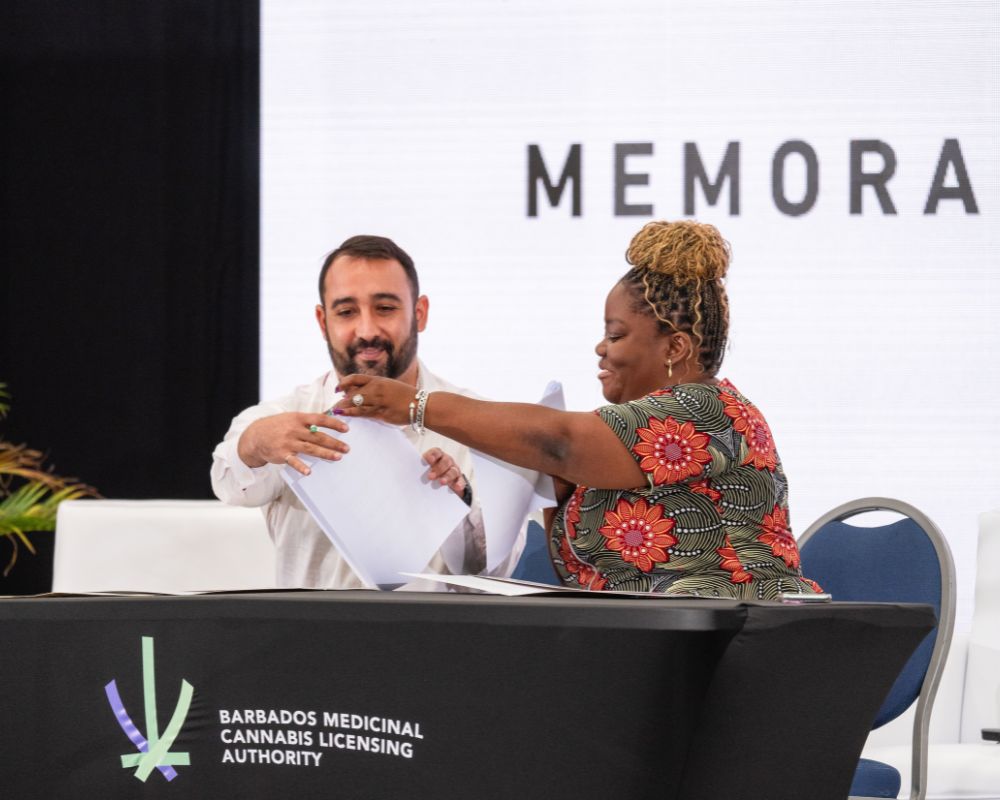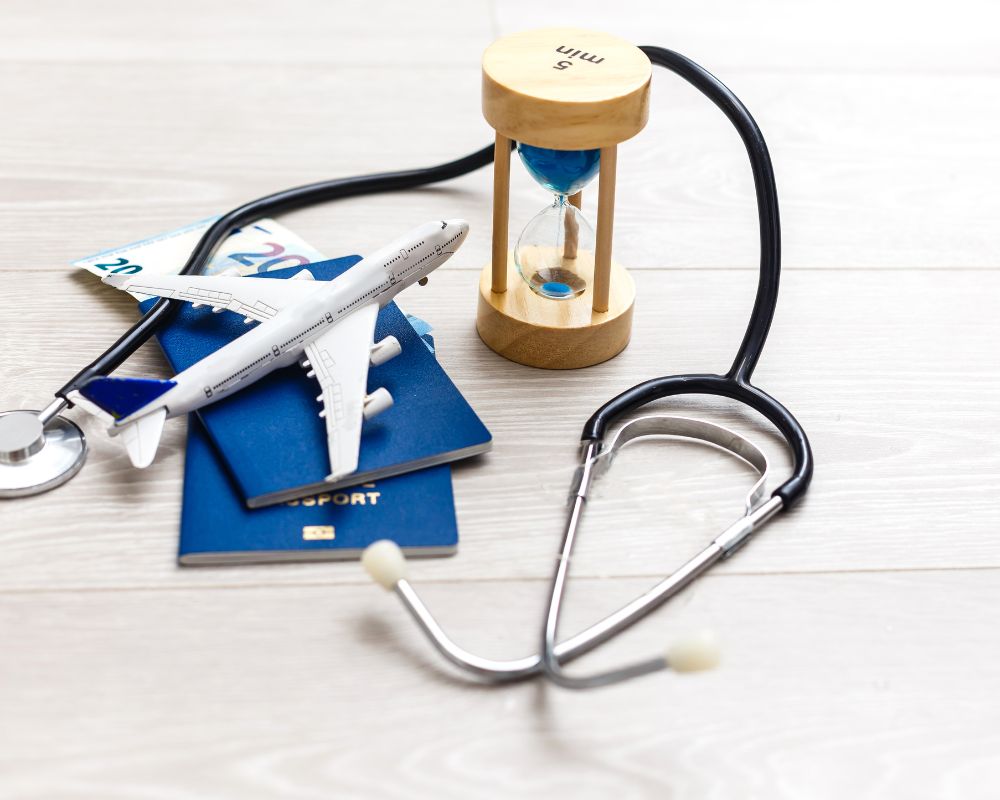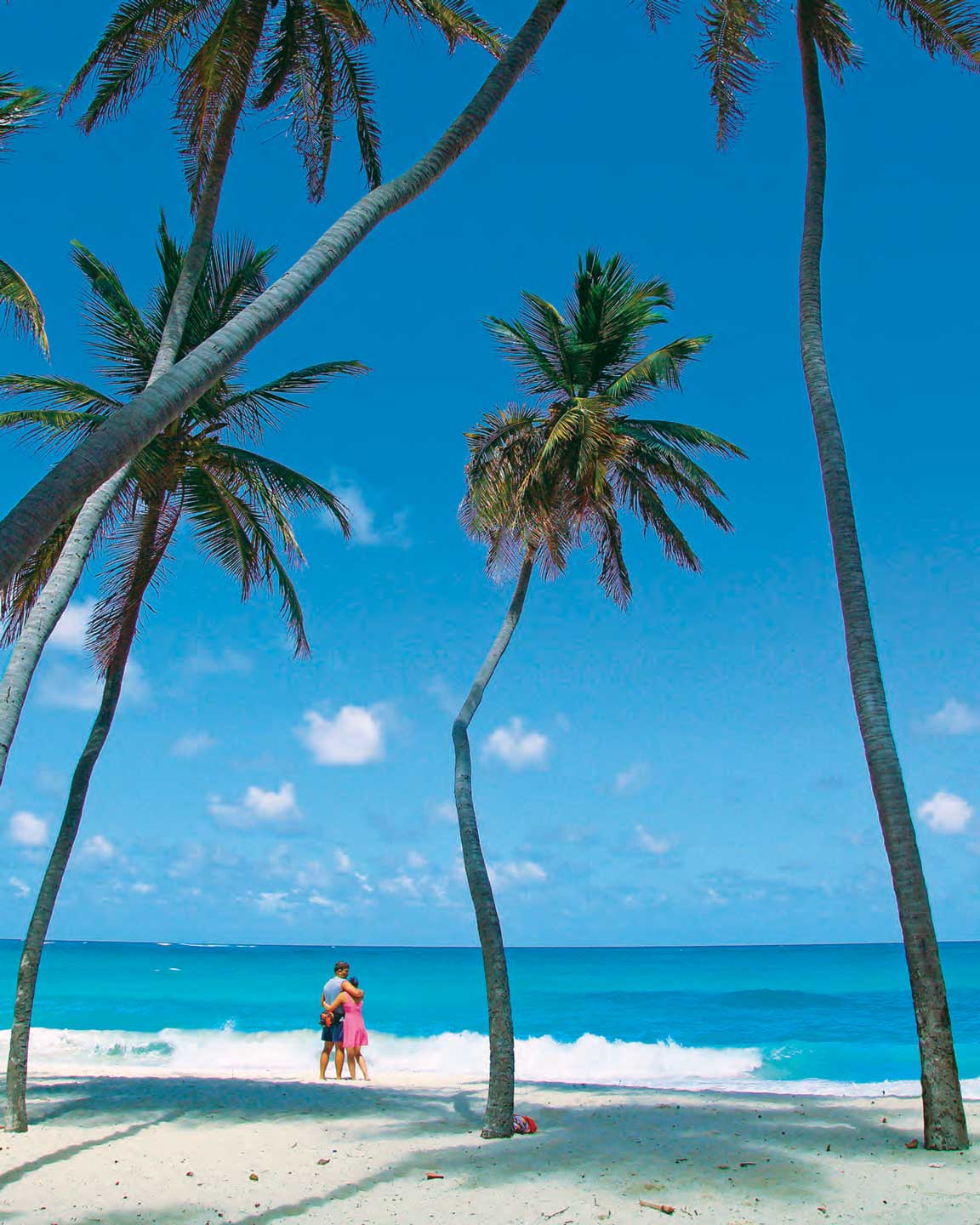
The COVID-19 pandemic narrative repeatedly chants phrases like “unprecedented circumstances”, “worst recession in history” and “the new normal”. Portrayals of the pandemic’s daily impacts which evoked awestruck shock and horror in April 2020, lead people merely to shake their heads and sigh several months later. By late November 2020, we expected the formidable “second wave” that is surging around the world at the time of writing, and we were unsurprised by widespread new lockdowns. By then the pandemic had firmly established itself as the backdrop to our daily reality.
Meanwhile we have been led to an universal re-evaluation of the way in which we live. Deep reflections on the fundamentals of home life, family dynamics, community, location-based working, productivity, work-life balance, and health and wellness, have led to a “reset” on what really matters.
On any comparative analysis, Barbados has done an outstanding job of mitigating the potential impacts of the pandemic and managing the country’s experience, while societies around the world have been churned up by contagion and widespread citizen disregard for health and safety protocols.
In March 2020 the Barbados government quickly put together a team of experts to manage the situation, and our Prime Minister, the Hon. Mia Amor Mottley, took a very personal interest in their work, engaging directly herself at intervals. After a decisive, brief and effective lockdown during May, the initial relatively small numbers of infection were brought firmly under control and lockdown protocols were thereafter carefully eased in phases.
At the same time a culture was seeded, nurtured and established, of community-centric behaviours that have been widely adopted within everyday life in Barbados. Specifically, rigorous mask wearing in public, social distancing and careful hygiene practices. As a society, there has been no real hesitation in embracing these behaviours. In the retail and wider commercial sector it is not possible to conduct business in public without wearing a mask, or without undergoing a temperature check and hand sanitization at the relevant threshold. These are routine process with which everyone is familiar, and the vast majority of people readily comply. In addition, no offence is taken if in public you are asked to adjust your mask, step back, or reminded to sanitize. These have become part of our social graces, and the vast majority of people are indeed gracious, about adhering to them, for the common good.
Today’s numbers tell the 2020 story eloquently. After identifying our first cases in March and having our borders open since July, Barbados has 270 cases confirmed (from over 40,000 tests done) and 7 deaths. Meanwhile, globally, there are 62.3 million confirmed cases and 1.45 million deaths. Based on these numbers Barbados is extraordinarily appealing, as a safe and wholesome location, despite the global ravages of the Coronavirus.
Not only has Barbados emerged as a haven for health and wellness, it is and has long been a place of genuine welcome. The Barbados welcome stamp https://barbadoswelcomestamp.bb/ was launched in 2020 soon after our borders re-opened after lockdown. Of course, Barbadians have opened their arms to tourists for generations. As a Barbadian child in the ’70s, I absorbed the national mantra intoned daily over the radio: “Tourism is our business, let’s play our part”.
For locals, sharing the bounty of life in Barbados is much more than a business. Hospitality is deeply ingrained in our consciousness. We take it personally. Of course, tourism has long been a critical pillar of the economy (along with global business); but the Barbadian approach is more than a sales-oriented refrain.
It is about heartfelt welcome.
It is about being quietly proud of our Island’s exquisite natural beauty, and our rich culture.
It is about extending the local community circle to visitors who seek the embrace of life in a stable, peaceful society, where violent crime is at a minimum and personal safety is easy to maintain with a modicum of routine carefulness.
It is also about family and familiarity and personalized relationship-driven human interaction. Social linkages and the support they provide are very important here. If as a visitor you have a logistical issue or problem, someone you meet within a short time of arriving, will know someone who knows someone, who can help with the solution. Anonymity and isolation are in short supply.
Self-evidently, the “Bajan welcome” is multifaceted. It is also about sharing the diversity of exquisite island experiences on offer: from the untouched, dramatic beauty of the east and north coast beaches to the pink-sand and glittering azure seas of the south and west coasts; from the eclectic sophistication of upscale restaurants and designer/artsy retail in St. James and St. Peter, to the rootsy country bars serving earthy delicacies like Bajan cheese “cutters”, fried pork, pudding and souse and pickled “sea cat”; from watching cricket at the Kensington Oval to surfing one of Kelly Slater’s favourite spots at Soup Bowl, Bathsheba; from swimming with the turtles in Carlisle Bay to an exhilarating day of horse racing at the Garrison Savannah; from hiking a verdant dawn trail through rolling hills, to sitting by the sea watching the sun slip behind the horizon under a sky splashed in kaleidoscopic hues. I could wax lyrical for pages, not paragraphs.
Besides the inimitable Barbadian “welcome”, some practicalities are critical. We are at a defining moment in global history, when work and productivity are no longer necessarily office-centric. Functionality, comfort and respite in the home space have become even more crucial, because safety and wellness depends so much on being able to spend more time in that space, during working and school hours and in leisure time.
As a corollary to that, the simplest pleasures and pastimes now resonate with us as imperatives, in a life where previously the trappings of a more complex existence often distracted us from the fundamentals. As the seasons change farther away from the Equator, reduced sunlight hours and freezing temperatures encroach, while the ability to safely spend time on a socially distanced basis out of doors dwindles. Resilient extroverts may don their layers and put handwarmers in their pockets, but even then, spending several hours out of doors in sub-zero temperatures, so as to safely visit with people, or exercise in a well ventilated space, is not appealing.
In Barbados winters feature warm days, cool nights, breezes and incandescently beautiful skies and seas. There is an excellent supply of accommodations, offering year-round beautiful open air spaces and appropriate infrastructure for residential working spaces.
Another commodity, which has become even more starkly important than ever before, is connectivity and bandwidth. For families with adults working from home and children attending online school and other activities, solid internet infrastructure is vital. In Barbados, there is excellent connectivity and bandwidth. Visitors often remark at the internet speeds achievable here. Shortly after lock down I upgraded our bandwidth at home from 20MB to 600MB and subscribed with the same provider for an extensive internet television service, for the equivalent of US$10 more than I was already paying. In our household we routinely have four or five persons simultaneously using the internet to stream, and to download and upload substantial documents and media files. As to service continuity, the only time when our internet has failed for more than half a day, during the last several years, was during an island-wide power outage during an electrical storm.
Quite apart from pandemic-management and related healthcare system successes, the Barbados medical sector is well-furnished with plenty of modern features. These include: a cadre of post graduate-trained medical and surgical specialists; easy access to diagnostic radiological processes and investigations at accredited laboratories; access to medical concierge services, home consultations and home care; growing deployment of telemedical consultations; and private and public hospital facilities.
In terms of education, Barbadians are famously literate and well educated. The state school system guarantees an essentially free education up to university entrance age, with affordable tertiary pursuits offered by the globally accredited University of the West Indies.(As well as the Barbados campus, sister campuses thrive in Trinidad and Jamaica as well). There are also several private school options at infants, primary and secondary level, including a school which offers the Baccalaureate, and other secondary schools offering careful preparation to university level for those seeking admission to university whether in the region, in the UK or in North America. Admissions are open to non-nationals throughout the education arena, though tuition fees can be slightly higher.
Honestly, the allure of Barbados as a place to holiday, remotely work or study, and live permanently, cannot be adequately captured in an article. Come and see for yourself. Our cornucopia of daily-life amenities and pleasures unfolds best through your own individual experience, in a wholesome environment where the welcome is as warm as the sunshine.
Editor’s Note: This article was written prior to December 2020. As such, any statistics regarding Covid-19 will automatically and unavoidably be outdated by the time you read this publication. For up to date information please refer to the Barbados Government Information Service website:






